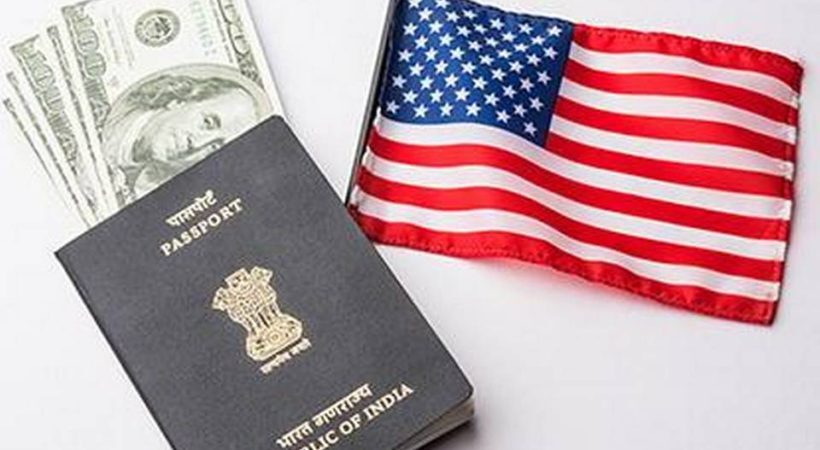US Court Seeks Status Report On Work Authorization For H-4 Visas

In the backdrop of Biden administration’s decision to withdraw Trump – proposed rules, a US court has now asked for a joint status report by March 4 on the prospects of work authorization for H-4 visas.
An H-4 visa is issued by the US Citizenship and Immigration Services (USCIS) to immediate family members (spouse and children under 21 years of age) of the H-1B visa holders, most of whom are Indian IT professionals.
It is normally issued to those who have already started the process of seeking employment-based lawful permanent resident status.
Judge Tanya S Chutkan, in the US Court of Appeals for District of Columbia Circuit, said that the report, to be submitted by March 4, shall be accompanied by a proposed order as appropriate, a report by PTI said.
H4 EAD (Employment Authorization Document) was introduced by the Barack Obama administration in 2015.
As of December 2017, USCIS had approved 1,26,853 applications for employment authorization for H-4 visa holders. According to a 2018 report by Congressional Research Service (CRS), 93 per cent of approved applications for H-4 employment authorization were issued to individuals born in India, and five per cent were issued to individuals born in China.
Soon after coming to power, the Republican Trump administration had informed a US court that it plans to rescind such a rule.
However, Hours after Biden’s swearing- in as president, the Office of Management and Budget (OMB) and Office of Information and Regulatory Affairs (OIRA) had said that the proposed rule titled ”Removing H-4 Dependent Spouses from the Class of Aliens Eligible for Employment Authorisation” was being withdrawn.
Judge Chutkan said: “In light of recent Executive and Administrative actions, the parties shall meet, confer and file a joint status report by 3/5/21 advising the court: 1) whether the current dispute has been mooted or the parties anticipate that it will be mooted; 2) whether the parties wish to stay this action for any reason, including the parties” negotiations over resolving this dispute; or 3) whether the parties agree that this litigation should continue as anticipated pursuant to the federal rules, local rules or a scheduling order”.















